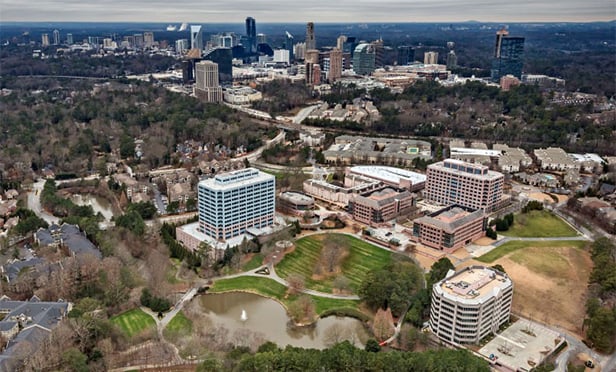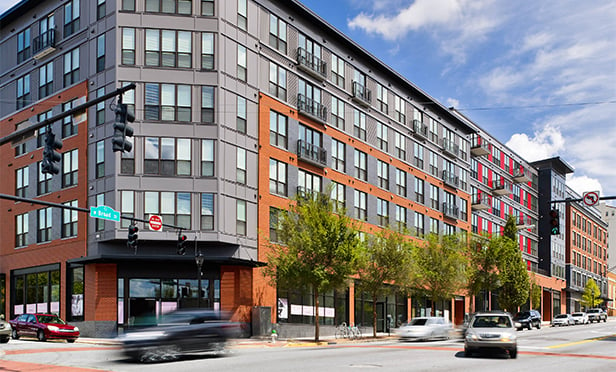There is a revolution underway whose ramifications are very unclear. We may have finally reached the point where technology actually does reduce the need for all levels of labor.
Take a few examples: high speed stock trading has replaced traders, computers now do the research for lawyers seeking points for discovery and precedents for trial, new programs can better determine if you should litigate or settle, Google cars are better and safer drivers than humans, warehouses and many production lines are staffed by computers. One can look around and begin to find a rapidly growing number of industries where computers and related technology is replacing humans and doing a better job. The super computer Watson can out think humans on many questions where recall of the answer to a specific question is required. Your new car is really a computer on wheels, fighter aircraft go so fast that computers are required to man many of the weapons systems. Robots can perform surgery on humans although controlled by a human doctor. Figuring out the best diagnosis and treatment protocol is being done more and more by computers. ATMs do your banking. You make a check deposit with your smart phone. You call the car service on your smart phone, you reserve a table at the restaurant on Open Table and you book your travel on the computer. You shop online for many of your needs.
It has always been proven that technology really produces more and better jobs than previously and the standard of living has been greatly improved. Not long ago Larry Summers said, “This set of developments is going to be the defining economic feature of our time.” A company I know recently built a new factory to make a product they had made in an older plant. The new plant has 90% fewer workers and produces more. No Obamacare, no diversity laws, no inability to fire someone because of their race or gender. No union, no OSHA, no making sure you have your quota of blacks and Latinos, and women managers. All you have are a few technicians to make sure the computers are operating properly, and a couple of maintenance people to maintain the production equipment. Bookkeeping, warehousing, maintaining inventory in line with customer demand, shipping will be done by machine. There are no more law libraries so there is no need for space for that. Less space rented by law firms. Accounting is now heavily digitized so less need for bodies in offices to count and record numbers. Electric meters are read by a computer in the headquarters. If your cable box goes out it is diagnosed by a computer at headquarters and a person on the phone is usually able to solve the problem remotely-no service tech comes to your house.
One need just look around at all the things that are now being developed to have machines take over from humans. Artificial intelligence has progressed to the point that in some industries and professions it is better than humans. And we are just at the start of this revolution. Call it industrial revolution II or whatever you wish, but it is happening and rapidly.
Mid-level staff is being phased down. Retail is requiring less square footage. Law firms require less space. Working from home or remote locations is now common. All of this means less space needed for office use, less space needed to house people and cars or trucks to do service calls, less malls, less of many types of real estate over the time. The requirements of buildings will also be changing to require the ability to handle heavy power needs and communication lines and facilities. Less space for people. Far less space for paper files. It is all in the cloud now.
The disruption of how we work, how we employ people, and what we pay for lower skilled people will change. People with creative skills to come up with new programs, apps, uses for artificial intelligence, and to fix complex systems will command premiums. Lawyers of modest skill, traders, and even doctors will possibly be less in demand and be replaced over time by computers. This may all mean the less rapid recovery of the labor market may possibly become the norm. The population of young workers may grow faster than the requirement for ordinary skilled people, so there may become more structural unemployment. This may be why welders are in demand but not ordinary office workers. Wage growth may remain slower over time as the less skilled are not worth paying high wages to.
Bill Gates said, "Twenty years from now. Labor demand for lots of skill sets will be substantially lower." Unlike in the past where new technology created new industries which then employed many more people, we could be entering an era where computers are doing those new jobs, not people.
I am sure many reading this will say, we heard all this many time before of the decades, and this time is not different. I suggest, as Summers and Gates suggest, this time it might be different, and if it is, there will be material impacts on real estate in segments such as office, retail, and whether or not it will be economically justified to renovate many older buildings to accommodate the new technology, and potentially lower demand for square footage. In Manhattan there is already substantial question if it is for many older buildings. You need to get yourself more up to speed on what is happening with technology as it will impact real estate over the long term. None of this is going to affect you immediately, but over the next 5-20 years things will change substantially. This is the new industrial revolution except it affects everything, and not just factories.
© 2025 ALM Global, LLC, All Rights Reserved. Request academic re-use from www.copyright.com. All other uses, submit a request to [email protected]. For more information visit Asset & Logo Licensing.








